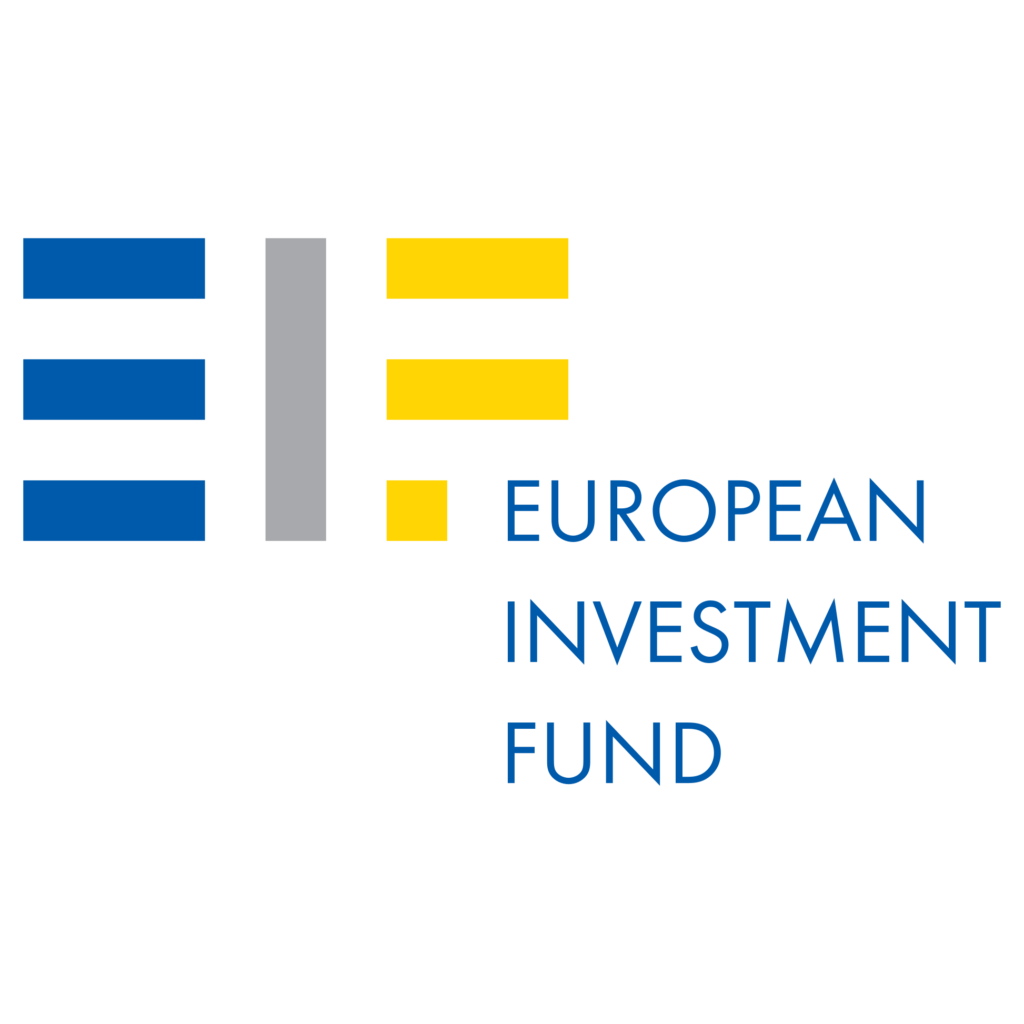Impact Investment
Open discussion with the European Investment Fund

Impact Investment
Open discussion with European Investment Fund
Is Impact The New Investment and Growth Driver?
With Cyril Gouiffès, Head of Social Impact Investments at the European Investment Fund
June 3rd, 2021
Impact investment implicitly underlies the question of impact measurement while ensuring scalability as well as financial performance. Is Impact investment paving the way to a new multi-parameter economic equation addressing impact on 3 levels: economical, environmental and social?
Cyril Gouiffès is head of Social Impact Investment and Equity Investments at the European Investment Fund. His background in microfinance has given him a keen eye for the questions surrounding impact. Microfinance is a type of finance that started in Asia and its goal is to provide financial services to people excluded from mainstream banking, usually because they live outside of cities that do not necessarily have banks.
Open discussion
What keeps Cyril up at night?
For starters, it is important to understand that working for the EIF, Cyril Gouiffès manages large mandates of money to invest in Venture funds. The overriding answer to this question is that he must invest these resources wisely. To do this, he has many points to consider and these are:
- What is the impact of his investments?
- How to work for the future by nurturing relationship with the European Commission and the European Investment Bank to communicate how important impact investment is.
- How to make sure all of Europe is part of the impact movement and not just the major markets. They have already achieved large projects in Croatia and Hungary. An action in Poland is in the books!
How to define and measure impact investment?
In the industry, there are strong debates of what is and what isn’t “impact”. These are the main points to define an impact company:
1 . Intentionality – The impact should be the intention of the product/service of the company and not just an externality
2 . Profitability and sustainability – they must have a positive correlation between impact performance and financial performance
3 . Scalability – the more a company grows, the more a product or service with positive impact is available to more people
Cyril also stresses that technology alone will not be able to create a more inclusive society, but it can play a very important role.
Here are some exhaustive impact areas that they see most at the moment:
- Education
- Healthcare
- Social inclusion
- Food & agriculture
- Energy
- The blue economy
What are the economic drivers for impact investment?
First of all, Cyril notes how important the regulatory framework is to incentivise impact investment in an economy. Next, he has observed two major economic drivers that support the growth of impact investment:
1 – The interest of Limited Partners in ESG
The interest of Limited Partners in conscious investment has changed dramatically. Investing in ESG (Economic, Social, Governance) has moved from a nice-to-have fringe section of the investment space to a must-have. Investors no longer just want to generate financial performance.
2 – The entrepreneurs want to provide more meaningful solutions
Nowadays, entrepreneurs are no longer looking to just be successful, they also want to provide tangible solutions to the world’s most pressing problems in a way that is more impactful. Investors see this and it adds to their pressure to ensure impact is a key aspect to their strategy.
Does the green and positive economy drive social impact?
One of the strong merits of impact is that it gathers people from different profiles that previously would not have associated with each other. Impact has created new synergies and as a result, for Cyril Gouiffes, none of the solutions (Circular economy, Human-centric internet, Gig platform, AI for education) can be excluded. We all have to get out of the traditional binary of doing good and doing well and we must use the technology and skills we have for an integrated approach to drive greater impact.
In fact, we need a holistic approach from all parts of society, AI, processing data and using Blockchain can all be leveraged to address what matters for different answers in society. This is where policymakers have a strong role to act as enablers that allow for an integrated approach to be possible and necessary.
He provides the example of Vinted, a circular solution for clothing. It indeed encourages people to reuse and recycle even if it can fall into the trap of fast consumption. What is important to note is that a business model like Vinted’s is only the beginning of the answer, we need to continue the positive impact across the entire value chain. The more we invest in these fields, the better and more impactful our solutions will be.
What key industries are active in impact investment?
10 years ago, most impact companies that approached them had generic strategies. It still largely the case today but the focus is narrowing.
Today the key vertical active in impact investment are:
- Education
- Healthcare, excluding drug development but rather using technology to provide effective and quick solutions to help people such as the ageing population
- Social inclusion and employment
- Food and agriculture, a sector between social impact and environmental impact
- Energy
- Waste management
The massive contribution of the impact investment scene to the investment debate is that strives to onboard non-financial data in investment-making decisions. Having measurable and tangible impact methodologies such as what they use at the EIF leads to effectively taking into account that data in due diligence and this adds to the increasing change in mentalities.
What are the profiles of the investors focusing their strategies on Impact?
Indeed, this is a delicate question and usually companies are treated on an individual basis, but one piece of advice Cyril gave is as an impact company, you must take your impact measurements seriously.
Share your data with the investors and seek to make it understandable so investors can see that you as a founder can be made accountable of the impact that is or not achieved.
We need to move from treating impact measurement from simple reporting to a setup where impact measurement becomes a tool that aligns the interests of the entire value chain. Identify the right KPIs and show impact investors how you intend to improve these KPIs to accompany your business model.
The capital is available and of course it takes time before receiving investment.
Does impact investment open the way to new funding schemes?
The short answer is yes! One area where impact investment is a gamechanger is that integrates non-financial metrics into investment decisions. This is where the influence of impact investment will influence the investment world at large.
Cyril would link the innovation impact investment brings to wider debates such as the measurements of GDP and economic growth which actually steer us in the wrong direction. New accounting standards that are impact-weighted are being developed to measure the wealth of a nation more accurately. This won’t change overnight, but the way of investing capital will change.
Cyril Gouiffes
Head of Social Impact Investments


Cyril used to be an investment manager within the venture capital team of EIF for seven years.
He is now heading the team in charge of managing the EIF equity impact portfolio which includes: Social Impact Fund investments, Social Impact Bonds and investments in impact incubators.
His entire career within the EIF has been dedicated to impact-related activities, starting with microfinance in 2008. In this context, he was responsible for the implementation of the JASMINE programme, an EU initiative aimed at boosting the institutional capacity of microfinance institutions in Europe. Prior to joining EIF, Cyril gained unique field experience working with microfinance institutions in the Middle East.
